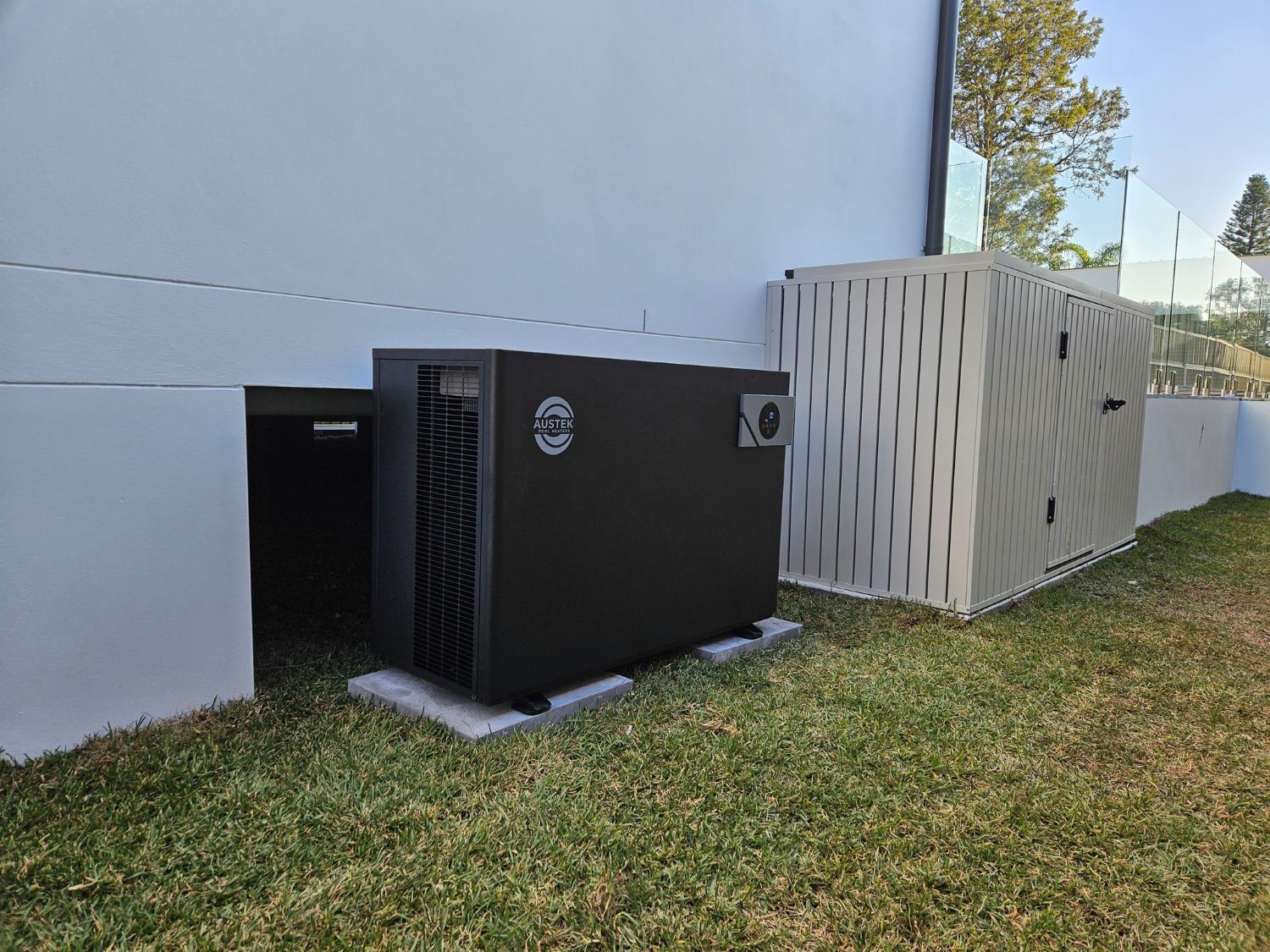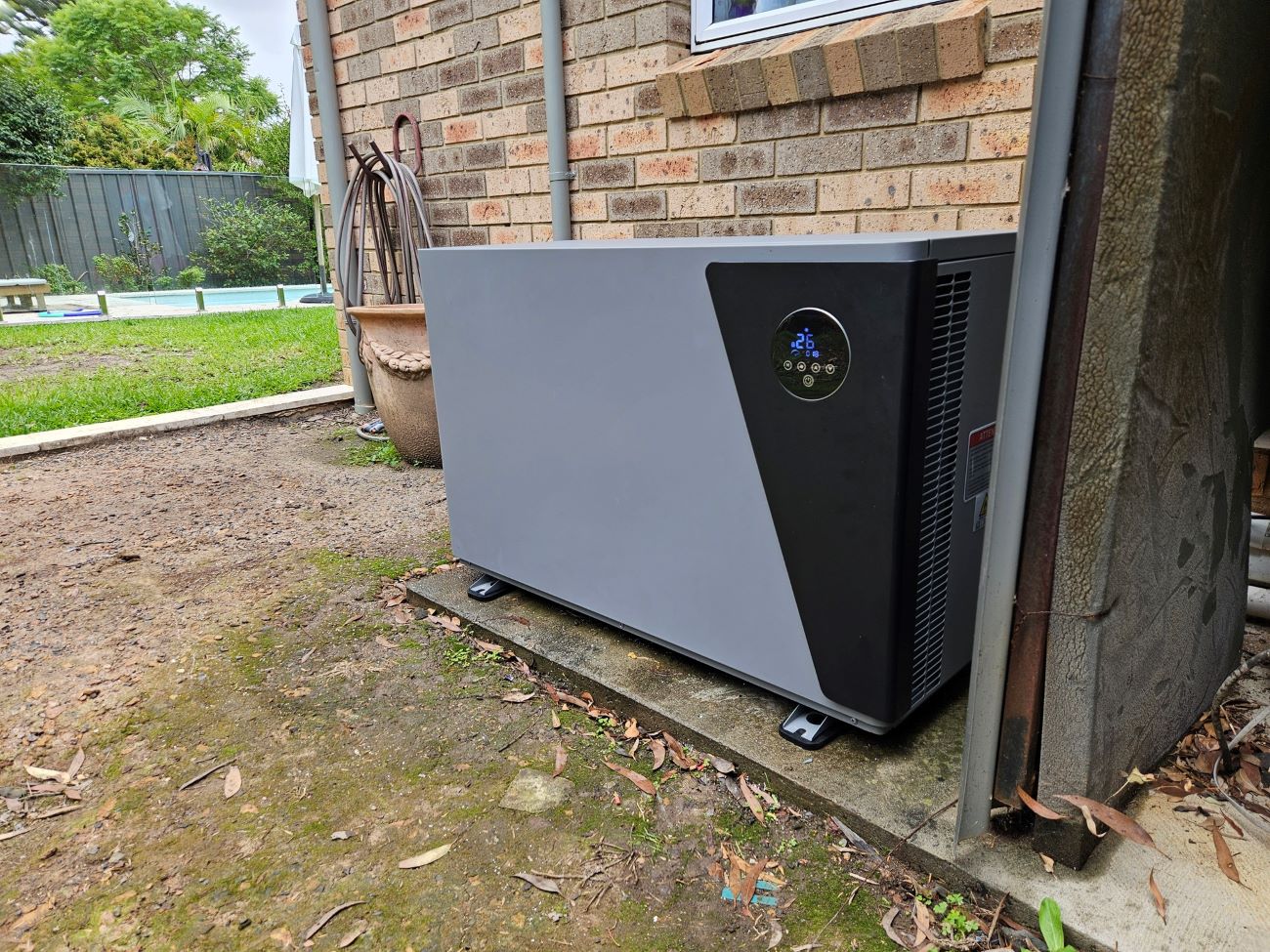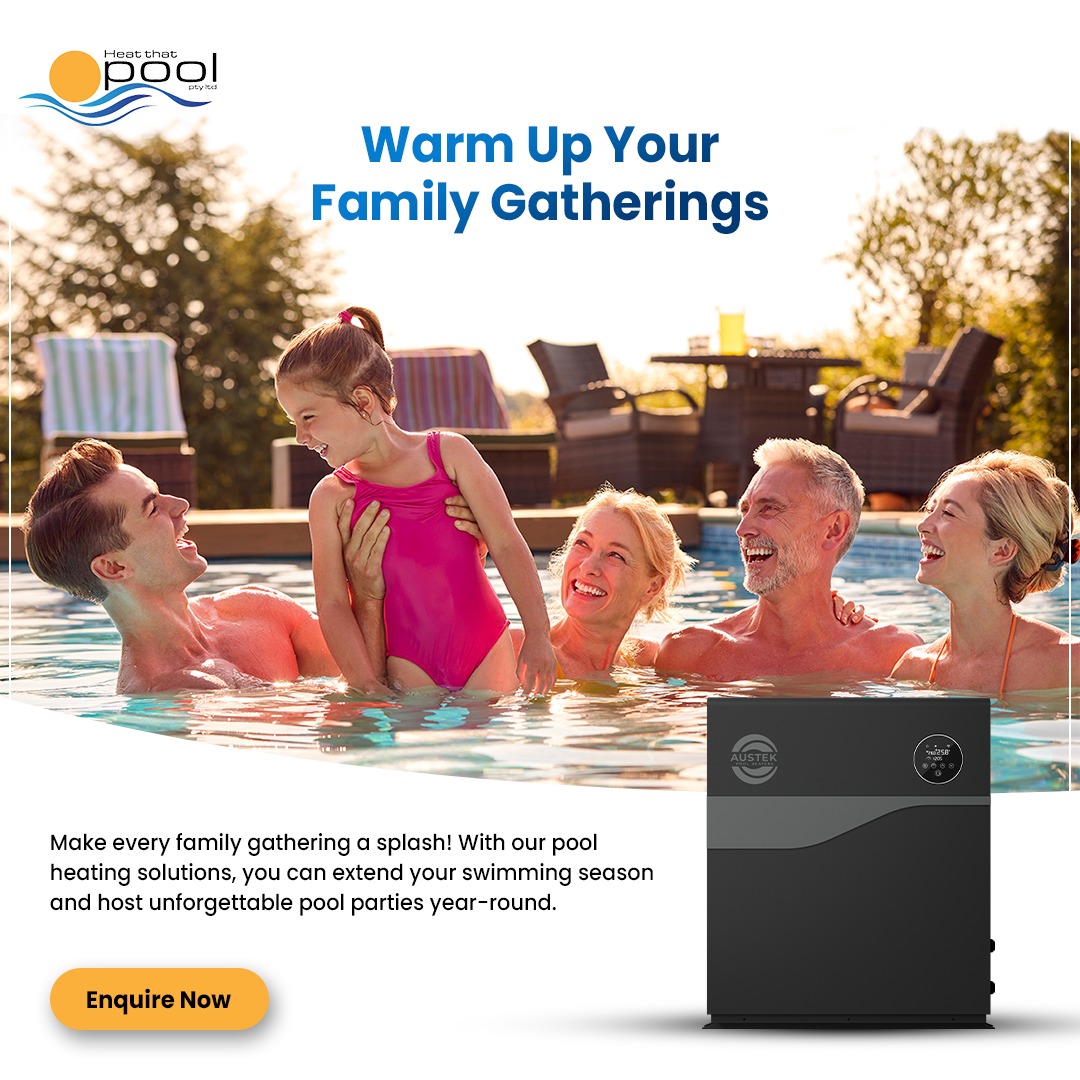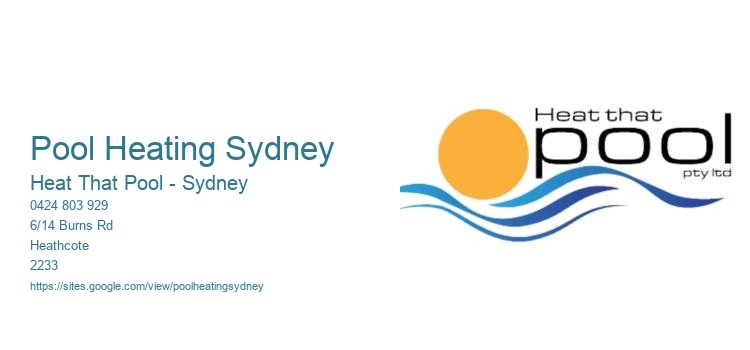Types of Pool Heating Systems Available in Sydney
Sydney, with its beautiful climate and vibrant outdoor culture, is a haven for pool enthusiasts. Pool Heating Sydney . However, the cooler months can make swimming less enticing, which is why pool heating systems are a popular addition for many residents. There are several types of pool heating systems available in Sydney, each with its own advantages and considerations, allowing pool owners to extend their swimming season and enjoy their pools year-round.
One of the most environmentally friendly options is solar pool heating. This system utilizes solar panels, typically mounted on the roof, to capture the sun's energy and transfer it to the pool water. Given Sydney's sunny weather, solar heating is an efficient and cost-effective choice. It significantly reduces energy costs while minimizing the carbon footprint. However, the initial installation cost can be higher, and its efficiency is contingent on sunny conditions, which might be less effective during cloudy or rainy periods.
Another popular choice is the electric heat pump. This system extracts heat from the air and transfers it to the pool water, functioning much like an air conditioner in reverse. Electric heat pumps are energy efficient and can provide consistent heating regardless of weather conditions, making them a reliable option for Sydneys variable climate. While they have lower operating costs compared to gas heaters, they might take longer to warm up the pool, particularly in cooler temperatures.
Gas pool heaters are favored for their ability to heat water quickly and maintain desired temperatures regardless of the weather. They operate by burning natural gas or propane, making them ideal for those who use their pools sporadically and need quick heating. Despite their efficiency in heating, gas heaters tend to have higher operational costs due to fluctuating gas prices and are less environmentally friendly due to their emissions.
Finally, theres the option of electric resistance heaters, although they are less common for residential pools due to their high energy consumption. These heaters work by passing electric currents through resistors to generate heat, which is then transferred to the pool water. Pool pump and heating Sydney They are best suited for smaller pools or spas where rapid heating is necessary and energy costs are less of a concern.

Choosing the right pool heating system in Sydney involves balancing factors such as cost, environmental impact, and heating efficiency. Solar heating systems stand out for their sustainability, while electric heat pumps offer a balance of efficiency and reliability. Gas heaters cater to those who prioritize quick heating, and electric resistance heaters serve niche needs. By considering these options, Sydney pool owners can make informed decisions to enhance their swimming experience throughout the year.
Cost Analysis of Different Pool Heating Options
When considering pool heating options in Sydney, a city known for its temperate climate, it is essential to conduct a comprehensive cost analysis to determine the most efficient and economical choice. With the array of technologies available, homeowners are often faced with the challenge of balancing upfront costs, ongoing expenses, and environmental impact.
One popular option is solar pool heating. This eco-friendly choice harnesses the abundant solar energy available in Sydney. While the initial installation costs can be relatively high, the long-term savings are significant. Solar systems typically have low maintenance costs and, crucially, zero energy costs once installed. Custom warmth for your custom pool This makes them an attractive option for environmentally-conscious consumers and those looking to minimize long-term expenses. However, the effectiveness of solar heating is weather-dependent, and during overcast periods, supplementary heating may be required to maintain optimal pool temperatures.
Electric heat pumps are another common choice. These systems operate by extracting heat from the air and transferring it to the pool water. Heat pumps are generally more affordable to install compared to solar systems and offer the advantage of consistent performance regardless of weather conditions. They are energy-efficient, particularly in warmer climates like Sydney's, where they can draw on ambient heat. However, their operational costs can be higher than solar systems, especially if electricity prices rise.

Gas heaters, typically using natural gas or propane, provide another heating solution. They are known for their ability to quickly heat pool water, making them ideal for pools that are not used daily or for those requiring rapid temperature adjustments. This flexibility comes at a cost, as gas heaters are generally more expensive to operate due to fluctuating fuel prices. Although the initial installation cost is often lower, the ongoing expense can add up, making them less economical over time compared to solar or electric options.
In evaluating these options, it is crucial to consider not only the initial financial outlay but also the long-term operating costs and environmental implications. For many pool owners in Sydney, solar heating emerges as a cost-effective and sustainable solution, given the citys sunny climate. However, for those prioritizing flexibility and rapid heating, gas heaters may be more suitable despite their higher running costs.
Ultimately, the decision will depend on individual preferences, usage patterns, and budget constraints. By carefully analyzing these factors, homeowners can select a pool heating system that meets their needs while ensuring maximum enjoyment of their outdoor oasis.

Environmental Impact and Energy Efficiency Considerations
As the sun sets over the sprawling cityscape of Sydney, more and more homeowners are turning their attention to the environmental impacts and energy efficiency of their daily amenities. One such amenity is pool heating, a luxury that, while enhancing the swimming experience, can also pose significant environmental challenges. Striking a balance between comfort and sustainability involves understanding the implications of various pool heating technologies and making informed decisions that align with ecological responsibility.
The environmental impact of pool heating is largely determined by the energy source and technology used. Traditional electric and gas heaters, while effective, are notorious for their high energy consumption and carbon emissions. These systems rely on non-renewable energy sources, contributing to the depletion of natural resources and exacerbating climate change. In a city like Sydney, which experiences a wide range of temperatures and prides itself on its natural beauty and environmental consciousness, these impacts are particularly significant.
However, the landscape of pool heating is gradually changing as more energy-efficient and eco-friendly options become available. Solar pool heating is one such option that has gained popularity in Sydney. By harnessing the abundant sunlight, solar heaters provide a renewable and clean energy source, significantly reducing the carbon footprint associated with pool heating. This technology not only aligns with the citys commitment to sustainable living but also offers homeowners long-term savings on energy costs.
Another promising alternative is the use of heat pumps, which can be up to five times more energy-efficient than traditional electric heaters. Heat pumps work by extracting ambient heat from the air, a process that requires less energy and results in lower greenhouse gas emissions. This method is particularly effective in Sydneys mild climate, where even in cooler months, the air temperature is conducive to efficient heat capture.
Beyond selecting an energy-efficient heating system, there are additional considerations for minimizing the environmental impact of pool heating. Proper insulation and the use of pool covers can significantly reduce heat loss, maintaining water temperature with less energy input. Regular maintenance of heating systems also ensures optimal performance and efficiency, preventing unnecessary energy waste.
In conclusion, as Sydney continues to embrace a future-focused on sustainability, the choices made in pool heating can serve as a microcosm of broader environmental efforts. By prioritizing energy-efficient technologies and practices, homeowners not only enjoy the comfort of a warm pool but also contribute to the preservation of the environment. This harmonious blend of luxury and responsibility exemplifies the potential for innovation to drive positive change, ensuring that future generations can enjoy both the natural and built treasures that Sydney has to offer.
Maintenance Tips for Pool Heaters in Sydney
Maintaining a pool heater in Sydneys unique climate is essential for ensuring a comfortable and enjoyable swimming experience year-round. As Sydney boasts a mild temperate climate, with warm summers and cool winters, a well-functioning pool heater can extend the swimming season significantly. Here are some valuable maintenance tips to ensure your pool heater operates efficiently and has a long lifespan.
Firstly, regular inspection and cleaning of your pool heater are crucial. Sydneys environment, with its coastal proximity and occasional storms, can lead to salt and debris accumulation. This build-up can cause corrosion and blockages, significantly affecting the heaters performance. It is essential to check the heater for any signs of rust or debris and clean it thoroughly. This involves removing any leaves, dirt, or other obstructions from the heaters exterior and interior components. A gentle rinse with fresh water can help prevent salt build-up, especially in coastal areas.
Ensuring proper water chemistry is another critical aspect of pool heater maintenance. Imbalanced pH levels and high calcium hardness can lead to scaling within the heater, reducing its efficiency and potentially causing damage. Regular testing of the pool water and adjusting the chemical balance as needed will help prevent these issues. It is advisable to maintain the pH level between 7.2 and 7.8 and keep calcium hardness within recommended levels to protect the heater components.
Furthermore, periodic servicing by a professional is recommended. A qualified technician can perform a thorough examination of the heater, checking for any gas or electrical issues, inspecting the heat exchanger, and ensuring all components are functioning correctly.
Pool Heating Sydney - Custom warmth for your custom pool
- Because your pool deserves the VIP treatment
- Pool equipment installation Sydney
Additionally, keeping an eye on the heaters thermostat settings can prevent unnecessary wear and tear. Its important to set the thermostat to an appropriate temperature based on your usage patterns and the season. Overworking the heater by setting it too high can lead to increased energy consumption and stress on the unit.
Lastly, during Sydneys cooler months when the pool is used less frequently, consider using a pool cover. Not only does this help retain heat, reducing the workload on the heater, but it also prevents debris from entering the pool and affecting the water chemistry.
In conclusion, maintaining your pool heater in Sydney involves regular cleaning, monitoring water chemistry, professional servicing, sensible thermostat management, and utilizing a pool cover. By following these tips, you can ensure your pool heater remains efficient and reliable, providing a warm and inviting swimming environment whenever you desire.
